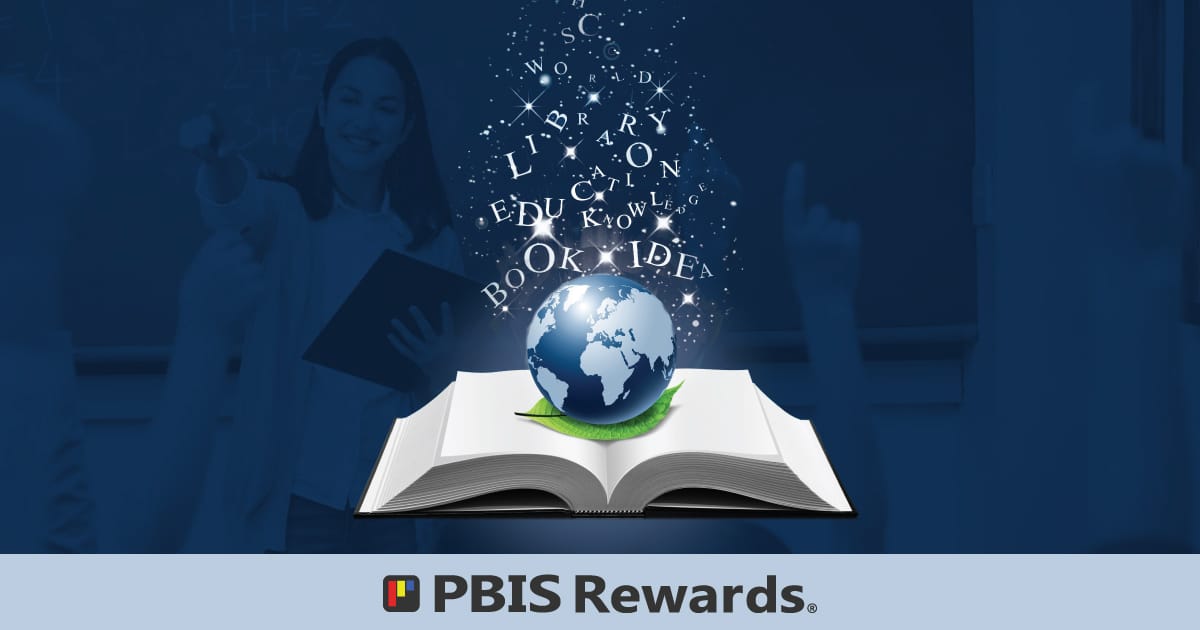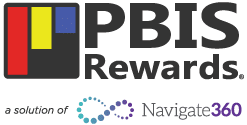There can be a lot of PBIS definitions tossed around as schools work diligently to improve school culture by changing the way students and teachers interact with one another. An increased emphasis on positive behaviors can give your staff more time to teach, reduce discipline referrals, and improve academic outcomes. PBIS is very much an ongoing effort, and with it comes a vocabulary that’s worth taking the time to adopt.
PBIS Rewards has assembled a glossary of PBIS terms, definitions, and abbreviations that can be a useful reference for anyone wanting to master the language of PBIS.
Does your school use a PBIS definition, term, or acronym not listed here?
Share it with us on social media and we’ll share it with the PBIS Rewards community!
Glossary of PBIS Terms, Acronyms, and Abbreviations
A
- A – Achieved
- Acknowledgment – recognition and reinforcement of desired behavior
- Assessment – evaluation used to gauge the success of PBIS implementation and school-wide PBIS fidelity
B
- BAT – Benchmarks of Advanced Tiers
- Behavior – what a person does, in measurable and observable terms
- BEP – Behavior Education Plan
- “Big 5” Data – measurable criteria that include Referral Dates; Behavior; Location; Student; Time
- BIP – Behavior Improvement Plan
- BoQ – Benchmarks of Quality
C
- CICO (Check-In/Check-Out) – Tier 2/Secondary intervention; student/teacher daily or hourly reinforcement guided by a coach at beginning and end of the day; typically Tier 2
- CISS – Checklist for Individual Student Systems
D
- Data/Process Data – data collected around the framework using research-based tools
E
- EBS – Effective Behavior Support
- EWS – Early Warning Systems
- Expectations – positively stated school-wide rules/behaviors
F
- F – Fully in place
- FA – Functional Analysis
- FACTS – Functional Assessment Checklist for Teachers
- FBA – Function-Based Assessment
- Fidelity – accuracy in reporting and/or participation
I
- IP – In place
- I – In progress
- ID – Identification Number
- IDEA – Individuals with Disabilities Education Act
- IEP – Individualized Education Plan
- IHE – Institute(s) of Higher Education
- ISS – Individual Student Systems
- Intermittent Reinforcement – the occasional acknowledgment of desired behavior(s)
M
- Matrix – arrangement of expectations into rules specific to locations or events
- MLSS – Multi-Level Systems of Support
- MTSS (Multiple-Tiered System of Support) – a framework designed to provide targeted support to struggling students. This includes behavior, social and emotional needs.
N
- NIP – Not in place
- NS – Not started
O
- ODR (Office Discipline Referral) – a behavior too severe for the classroom
- OSEP – Office of Special Education Programs
- OSS – Out of School Suspension
P
- P – Partially in place
- PBIS (Positive Behavior Interventions & Supports) – three-tiered, research-based framework designed by each school, increasing positive and decreasing negative behavior
- PBS – Positive Behavior Support
- PBL or PB4L (Positive Behaviour for Learning) – An approach to developing a positive, safe and supportive learning culture. Similar to PBIS, but commonly used by our friends in Australia.
- PLC – Professional Learning Community
- PoI – Phases of Implementation
- Primary Reinforcement – social, material, sensory, or activity acknowledgment
R
- RtI – Response to Intervention
- Routine – an unvarying and constantly repeated series of behaviors
S
- SAIG – Social/Academic Instruction Group
- SAS – Self-Assessment Survey
- Schoolwide – all people in the school, usually means Tier 1/Universal
- SEL (Social Emotional Learning) – the process through which children and adults understand and manage emotions, set and achieve positive goals, feel and show empathy for others, establish and maintain positive relationships, and make responsible decisions
- SES – Socio-economic status
- SET – Schoolwide Evaluation Tool
- SFCP – Student Family Community Partnership
- SIMEO – Systematic Information Management for Education Outcomes
- SIMS – Student Intervention Monitoring System
- SIP – School Improvement Plan
- SIR– Schoolwide Implementation Review
- SpEd – Special Education
- SSS – School Safety Survey
- SST – Student Support Team
- SWIS (Schoolwide Information System) – web-based data collection and reporting; also SIS
- SWPBS – Schoolwide Positive Behavior Support
T
- TIC – Team Implementation Checklist
- Tier 1 – Universal – school-wide research-based systems, practices, and data; available to all students from all adults at all times
- Tier 2 – Secondary – small group research-based interventions available to some students for short periods of times
- Tier 3 – Tertiary – intensive, individualized research-based interventions provided to the few highest-need students and designed by individualized student teams
- TIPS – Teacher Initiated Problem Solving
U
- Universal Team/Leadership Team – the representative team that guides and monitors the implementation of the Tier 1 framework
W
- Wraparound – complex and comprehensive plan addressing multiple life domain issues across home, school, and community; typically Tier 3


